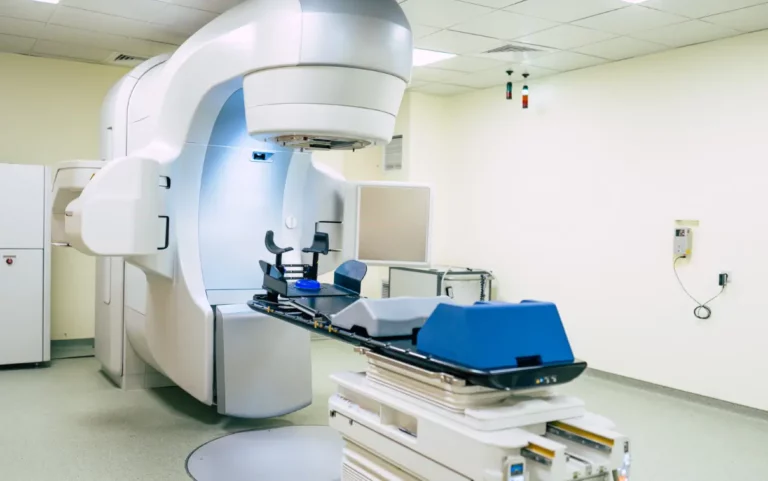Revolutionizing Mental Health Care with AI: From Diagnosis to Treatment
The burgeoning field of mental health care is experiencing a seismic shift thanks to Artificial Intelligence (AI). This technology is not just an adjunct tool but is becoming central to the way mental health professionals understand, diagnose, and treat disorders. By integrating AI, clinicians are able to enhance accuracy in diagnosis, tailor treatments to individual needs, and provide support beyond traditional methods. This exploration delves into how AI is reshaping the mental health landscape and highlights PeakMet’s innovative contributions to this crucial sector.
AI’s Expanding Role in Mental Health
AI’s influence in mental health spans several key areas, each marking a significant departure from conventional approaches:

- Diagnosing with Precision: AI algorithms excel in pattern recognition, surpassing traditional diagnostic methods by integrating and analyzing diverse data types, including speech patterns, facial expressions, and behavioral data. These capabilities enable earlier and more accurate diagnoses of conditions like depression and anxiety, which are often challenging to pinpoint due to their subjective nature.
- Tailoring Treatment Plans: Personalization is at the heart of effective mental health treatment. AI’s data-processing prowess allows for the construction of customized treatment frameworks that adapt over time to the patient’s changing needs and responses. This approach ensures that treatments remain dynamic and closely aligned with the best possible outcomes.
- Enhancing Patient Engagement: Beyond direct treatment, AI-powered apps and tools provide continuous support to patients, helping them manage their conditions daily. Chatbots, for instance, offer real-time interactions that can guide patients through therapeutic exercises or provide immediate support during crises.
Strategies for Integrating AI in Mental Health Practices
The integration of AI into mental health practices requires thoughtful strategy and careful implementation:
- Identifying Integration Points: The first step involves pinpointing where AI can be most beneficial. This might be in automating administrative tasks to free up more time for patient care or in enhancing diagnostic tools to provide more comprehensive patient assessments.
- Selecting the Right AI Tools: With numerous AI tools available, selecting the right ones is crucial. Tools should be evaluated based on their reliability, ease of integration, data requirements, and compatibility with existing systems. PeakMet often assists in this phase by providing a suite of tailored AI solutions that meet the specific needs of mental health facilities.
- Building a Data Infrastructure: Effective AI applications require robust data infrastructure. For mental health applications, this includes ensuring data privacy and security are paramount, given the sensitivity of the information handled.
- Pilot Testing and Staff Training: Implementing AI tools begins with pilot testing to gauge effectiveness and user-friendliness followed by comprehensive training for mental health professionals. Training focuses on how to use AI tools efficiently while also interpreting the data they provide accurately.
- Iterative Feedback and Improvement: Continuous evaluation helps refine AI tools and integration strategies. Feedback from both staff and patients is invaluable in this process, guiding further customizations and enhancements.
Demonstrating Success through Case Studies
Practical applications of AI in mental health reveal its transformative impact:

- A notable study published in Psychiatric Services highlighted an AI tool that predicted psychiatric readmissions with 90% accuracy, significantly aiding resource allocation and follow-up planning.
- Another case involved a therapy center that implemented an AI-driven diagnostic tool, resulting in a 35% decrease in diagnostic time and a corresponding increase in patient throughput.
Ethical and Practical Considerations
Despite the advantages, AI integration comes with its set of challenges:
- Ensuring Ethical Use: The use of AI must adhere to strict ethical standards, particularly regarding patient consent and data use.
- Addressing Bias: AI systems are only as good as the data they are trained on; hence, ensuring the data is free from biases is crucial to prevent skewed outcomes.
- Maintaining Human Oversight: AI should augment rather than replace human judgment. Clinicians must oversee and interpret AI findings to make the final treatment decisions.

AI is set to revolutionize mental health care by improving diagnostic accuracy, personalizing treatment plans, and enhancing patient engagement. Through careful integration and ongoing evaluation, AI can significantly improve the efficiency and effectiveness of mental health services, with platforms like PeakMet leading the charge in this digital transformation. This integration not only promises better outcomes for patients but also heralds a new era in mental health care where technology and empathy converge to meet the complexities of human psychology.


